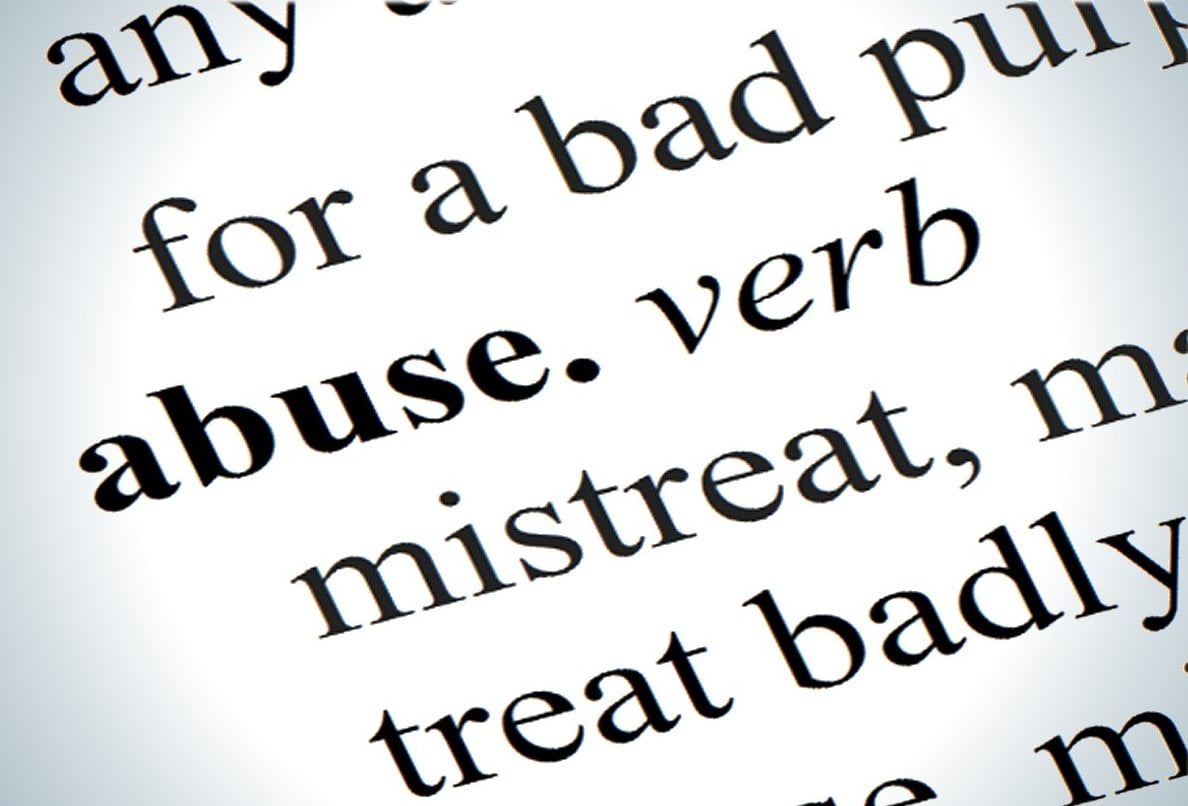Repeated abuse has long-lasting pernicious and traumatic effects such as panic attacks, hypervigilance, sleep disturbances, flashbacks (intrusive memories), suicidal ideation, and psychosomatic symptoms. The victims experience shame, depression, anxiety, embarrassment, guilt, humiliation, abandonment, and an enhanced sense of vulnerability.
In “Stalking – An Overview of the Problem” (Can J Psychiatry 1998;43:473–476), authors Karen M Abrams and Gail Erlick Robinson write:
“Initially, there is often much denial by the victim. Over time, however, the stress begins to erode the victim’s life and psychological brutalization results. Sometimes the victim develops an almost fatal resolve that, inevitably, one day she will be murdered. Victims, unable to live a normal life, describe feeling stripped of self-worth and dignity. Personal control and resources, psychosocial development, social support, premorbid personality traits, and the severity of the stress may all influence how the victim experiences and responds to it … Victims stalked by ex-lovers may experience additional guilt and lowered self-esteem for perceived poor judgment in their relationship choices. Many victims become isolated and deprived of support when employers or friends withdraw after also being subjected to harassment or are cut off by the victim in order to protect them. Other tangible consequences include financial losses from quitting jobs, moving, and buying expensive security equipment in an attempt to gain privacy. Changing homes and jobs results in both material losses and loss of self-respect.”
Surprisingly, verbal, psychological, and emotional abuse have the same effects as the physical variety (Psychology Today, September/October 2000 issue, p.24). Abuse of all kinds also interferes with the victim’s ability to work. Abrams and Robinson wrote this (in “Occupational Effects of Stalking”, Can J Psychiatry 2002;47:468–472):
“… (B)eing stalked by a former partner may affect a victim’s ability to work in 3 ways. First, the stalking behaviors often interfere directly with the ability to get to work (for example, flattening tires or other methods of preventing leaving the home). Second, the workplace may become an unsafe location if the offender decides to appear. Third, the mental health effects of such trauma may result in forgetfulness, fatigue, lowered concentration, and disorganization. These factors may lead to the loss of employment, with an accompanying loss of income, security, and status.”
Deliberate, cold-blooded, and premeditated torture has worse and longer-lasting effects than abuse meted out by the abuser in rage and loss of self-control. The existence of a loving and accepting social support network is another mitigating factor. Finally, the ability to express negative emotions safely and to cope with them constructively is crucial to healing.
Typically, by the time the abuse reaches critical and all-pervasive proportions, the abuser had already, spider-like, isolated his victim from family, friends, and colleagues. She is catapulted into a nether land, a cult-like setting where reality itself dissolves into a continuing nightmare.
When she emerges on the other end of this wormhole, the abused woman (or, more rarely, man) feels helpless, self-doubting, worthless, stupid, and a guilty failure for having botched her relationship and “abandoned” her “family”. In an effort to regain perspective and avoid embarrassment, the victim denies the abuse or minimizes it.
No wonder that survivors of abuse tend to be clinically depressed, neglect their health and personal appearance, and succumb to boredom, rage, and impatience. Many end up abusing prescription drugs or drinking or otherwise behaving recklessly.
Most victims even develop Post-Traumatic Stress Disorder (PTSD).

